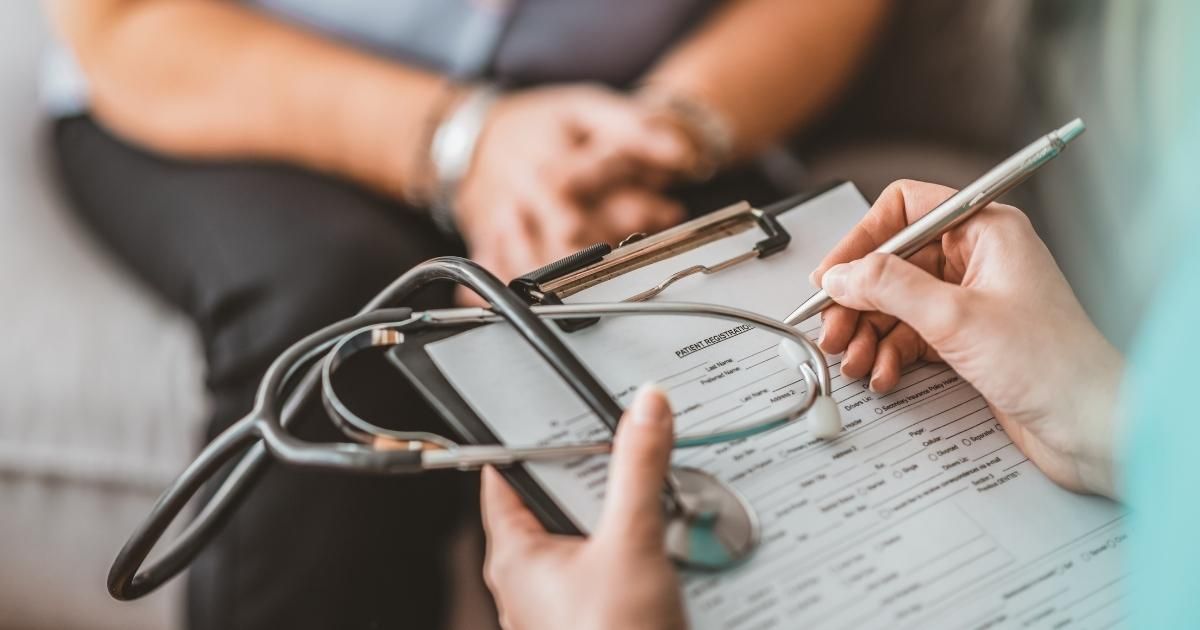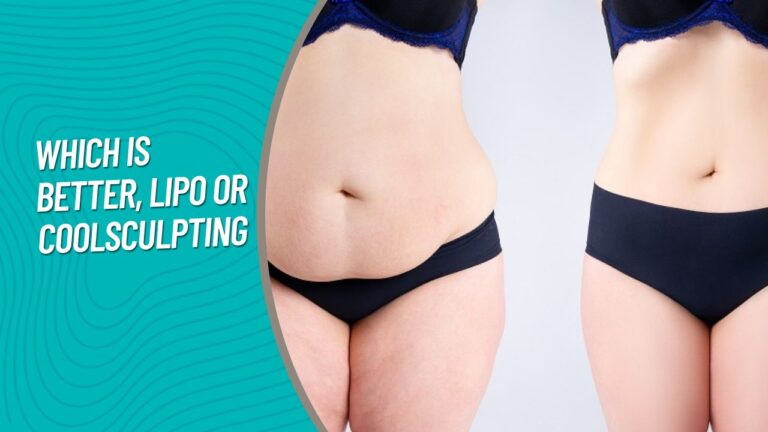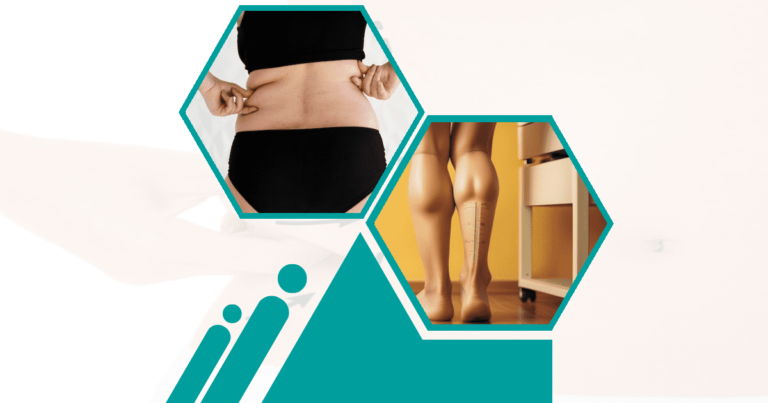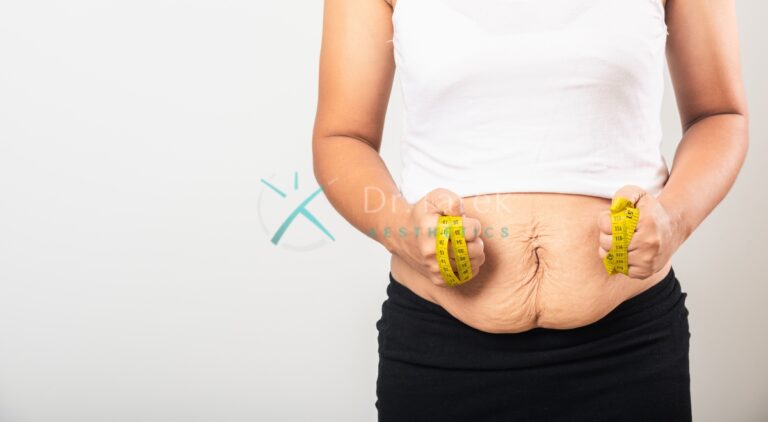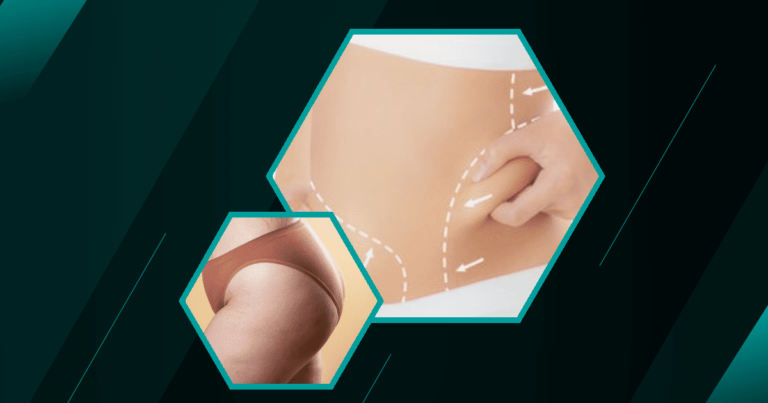Liposuction is a prominent cosmetic intervention designed to remove excess fat deposits. The efficacy of this surgery hinges on diligent Liposuction Preoperative Health Checks. These meticulous evaluations are critical for ensuring patient safety and enhancing the success rate of the operation by pinpointing and preemptively addressing any health concerns.
The Essential Role of Liposuction Preoperative Health Checks for Candidates
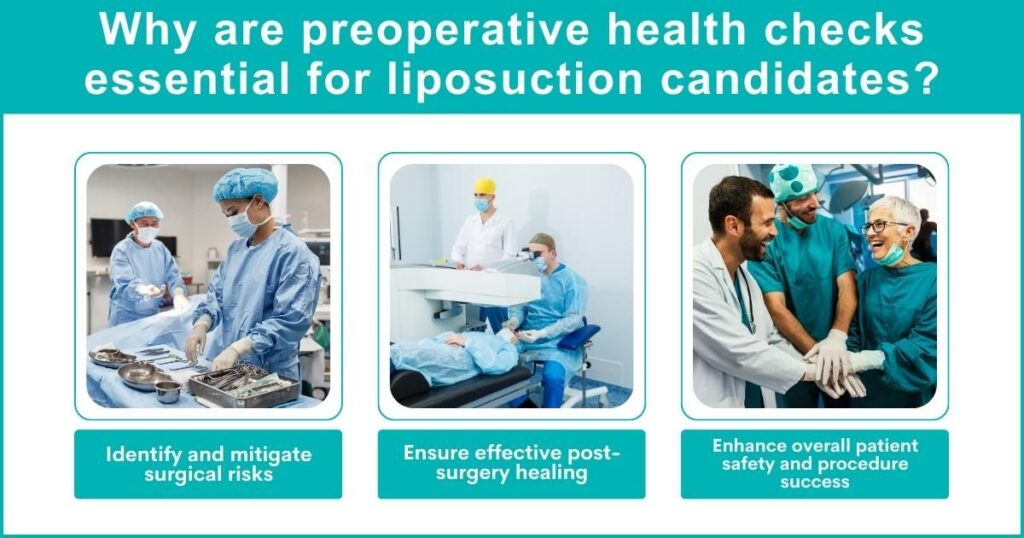
Preoperative health checks play a vital role in liposuction surgery as they evaluate the associated risk factors. These assessments help identify patients who may encounter complications due to underlying health conditions. Additionally, these checks determine if a patient can recover safely after the procedure, ultimately ensuring a successful outcome.
- The checks mitigate potential surgical risks and complications.
- They ensure the patient’s body can heal effectively post-surgery.
- Health assessments contribute to patient safety and procedure success.
Essential Health Parameters Evaluated During Preoperative Health Checks
During the preoperative checks, the medical team assesses various health parameters to ensure a smooth surgery. These parameters include evaluating cardiac health, liver and kidney function, blood clotting ability, and psychological state. Additionally, they conduct tests for conditions like diabetes that can affect post-surgical healing. Furthermore, a physical examination evaluates the patient’s overall health status.
| Health Parameter | Test/Check | Purpose |
| Cardiac Health | ECG, Stress Test | To ensure the heart can handle surgical stress. |
| Liver Function | Liver Function Test (LFT) | To assess the body’s ability to process medications and waste. |
| Kidney Function | Kidney Function Test (KFT) | To assess the body’s ability to eliminate anaesthesia and waste. |
| Blood Coagulation | Coagulation Test | Checking the blood’s ability to clot is crucial during surgery. |
| Psychological State | Mental Health Evaluation | To understand the patient’s psychological readiness and expectations. |
Potential Health Risks: Why Some Individuals are Unsuitable for Liposuction
Not everyone is suitable for undergoing liposuction. Individuals with specific health conditions, such as heart disease, respiratory disorders, or uncontrolled diabetes, may encounter heightened risks during and after the procedure. Likewise, those with a history of blood clots or bleeding disorders might be deemed unsuitable due to potential complications.
Book A Consultation With Dr Tarek Bayazid
Top-rated Plastic Surgeon For Liposuction in Dubai
Installment Plan Available
- Heart disease can pose challenges during surgery and recovery.
- Respiratory disorders can complicate anaesthesia administration.
- Uncontrolled diabetes can impair the healing process post-surgery.
Role of Patient’s Medical History in Preoperative Health Checks
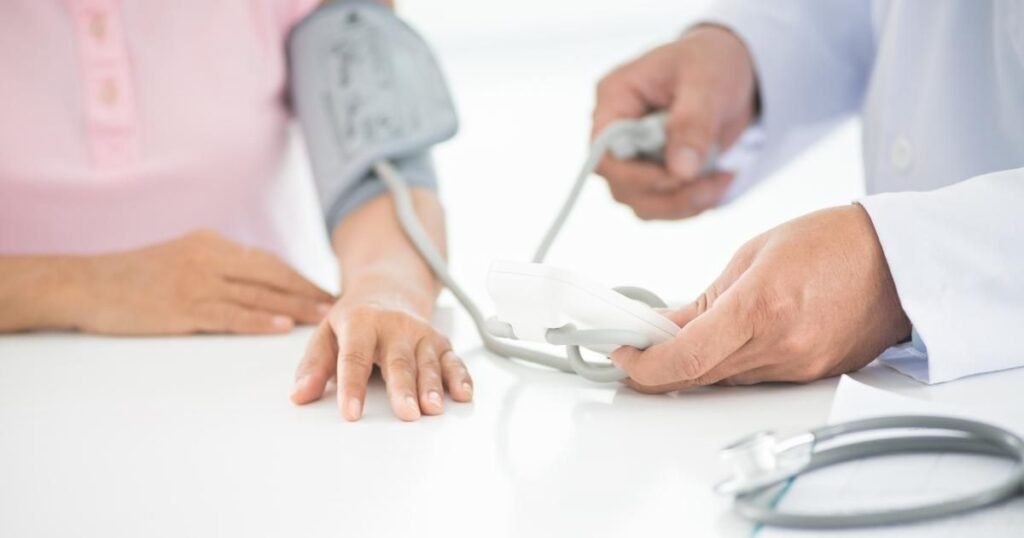
A thorough medical history plays a crucial role in the preoperative health assessment for liposuction. It encompasses essential details about the patient’s past and current health conditions, allergies, and reactions to medications or procedures, all of which can significantly impact the outcome of the surgery. Overlooking these factors may result in avoidable complications during or after the procedure.
- A thorough medical history review helps identify potential risk factors.
- The review assists in creating a tailored surgical plan.
- Previous allergic reactions to medications or anaesthetics can be factored into the plan to ensure patient safety.
Importance of Cardiovascular Assessments Before Liposuction
Cardiovascular assessments are crucial preoperative checks since they aid in evaluating the patient’s heart health. Since liposuction requires anesthesia and can exert stress on the heart, it becomes essential to ensure the heart can withstanding the surgical procedure. Any underlying cardiovascular conditions must be identified and appropriately managed.
- The cardiovascular assessment helps evaluate the patient’s heart fitness for surgery.
- Uncovered heart conditions can be managed pre-surgery to mitigate risk.
- The assessment results inform the anaesthetic protocol for surgery.
The Necessity of Liver and Kidney Function Tests in Liposuction Preoperative Check
Liver and kidney function tests play a crucial role in the preoperative phase. These vital organs are responsible for eliminating anaesthesia and surgical waste from the body after the operation. Any dysfunction in these organs can complicate recovery and lead to serious health complications.
| Organ | Test | Importance |
| Liver | Liver Function Test | To evaluate the liver’s ability to process medications and eliminate waste. |
| Kidney | Kidney Function Test | To assess the kidney’s ability to clear anaesthesia and waste post-surgery. |
Understanding the Impact of Blood Clotting and Bleeding Disorders in Liposuction
In the preoperative phase, it is essential to conduct coagulation tests to evaluate the blood’s clotting ability. Patients with a history of bleeding disorders or blood clots may experience severe complications during and after liposuction. Therefore, it is crucial to identify and manage these conditions before surgery.
- Coagulation tests can identify potential clotting or bleeding issues.
- The surgical plan can be modified based on test results to prevent complications.
- Adjustments can be made to anticoagulant or clotting factor dosage.
Psychological Health and its Relevance in Liposuction Preoperative Checks

During preoperative health checks, evaluating mental health becomes another significant aspect. Patients need to possess realistic expectations regarding the results of the surgery and be mentally prepared for the recovery process. If there are any indications of body dysmorphia or impractical expectations, it may render a patient unfit for the procedure.
- Mental health evaluations help ensure patients have realistic expectations.
- They help identify signs of body dysmorphia or other psychological concerns.
- Psychological readiness contributes to better surgery outcomes and patient satisfaction.
The Role of Lifestyle Factors in Liposuction Suitability
Lifestyle choices, such as smoking, alcohol consumption, and physical activity levels, significantly impact the effectiveness of liposuction procedures and recovery outcomes. Smoking hampers the healing process of wounds while alcohol can potentially interfere with medications. Meanwhile, a sedentary lifestyle can contribute to subpar recovery and less-than-optimal results.
| Lifestyle Factor | Impact on Liposuction & Recovery |
| Smoking | Impairs wound healing and can increase surgery risks. |
| Alcohol Use | It can interact with medications and affect recovery. |
| Physical Activity | Contributes to overall health and promotes better recovery. |
Liposuction Preoperative Health Checks are pivotal in securing the safety and efficacy of the liposuction process. These checks offer crucial insights into a patient’s well-being, pinpointing surgical and recuperative hazards. Moreover, they elevate patient protection, establish achievable aims, and contribute to a favourable surgical experience. Recognising and prioritising these critical evaluations is a must for prospective liposuction patients.
As one of Dubai’s top plastic surgeons, Dr Tarek Bayazid has earned recognition for his exceptional work in facial rejuvenation and body contouring, including liposuction. With a commitment to health and beauty excellence and a patient-centric approach, he consistently achieves unparalleled results. Having trained under renowned plastic surgeons in Europe and holding membership in prestigious international societies, Dr Tarek employs advanced techniques that are natural and minimally invasive, ensuring safe and highly satisfying outcomes. worldwide, Dr Tarek’s advanced approach results in natural, minimally invasive techniques that yield safe and satisfying outcomes.
Are you ready to embark on a transformative health and beauty journey? Take the first step to book a consultation with Dr Tarek Bayazid today. Discover how liposuction and other aesthetic procedures can positively impact your life.
FAQs
What are Preoperative Health Checks in Liposuction?
Preoperative health checks in liposuction involve a series of assessments conducted before the surgery. These tests aim to evaluate the patient’s overall health and ensure their suitability for the procedure. The assessments include physical examinations, a review of medical history, and laboratory tests.
Why are Preoperative Health Checks important for liposuction?
Preoperative health checks play a crucial role in liposuction procedures. They aim to assess potential health risks impacting the surgical process or recovery. By ensuring that patients are physically and psychologically prepared for the procedure, these checks enhance the overall outcomes and contribute to higher patient satisfaction.
What health parameters are checked during the Preoperative Health Checks?
Health parameters checked during Preoperative Health Checks include evaluating cardiac health, liver and kidney function, blood coagulation ability, psychological health, and overall physical well-being. These assessments help determine the patient’s capacity to undergo surgery and promote effective healing afterward.
Can I skip Preoperative Health Checks before liposuction?
Preoperative Health Checks play a vital role in the liposuction process. It is crucial not to skip these checks as they can prevent unforeseen complications before or after the process, ultimately ensuring patient safety and optimising surgical outcomes.
What factors affect the cost of liposuction in the UAE?
When contemplating the cost of liposuction in the UAE, multiple factors come into play that can affect the overall price. The extent and complexity of the procedure hold considerable significance in determining the cost. Larger or multiple areas requiring treatment may necessitate additional time and resources.

